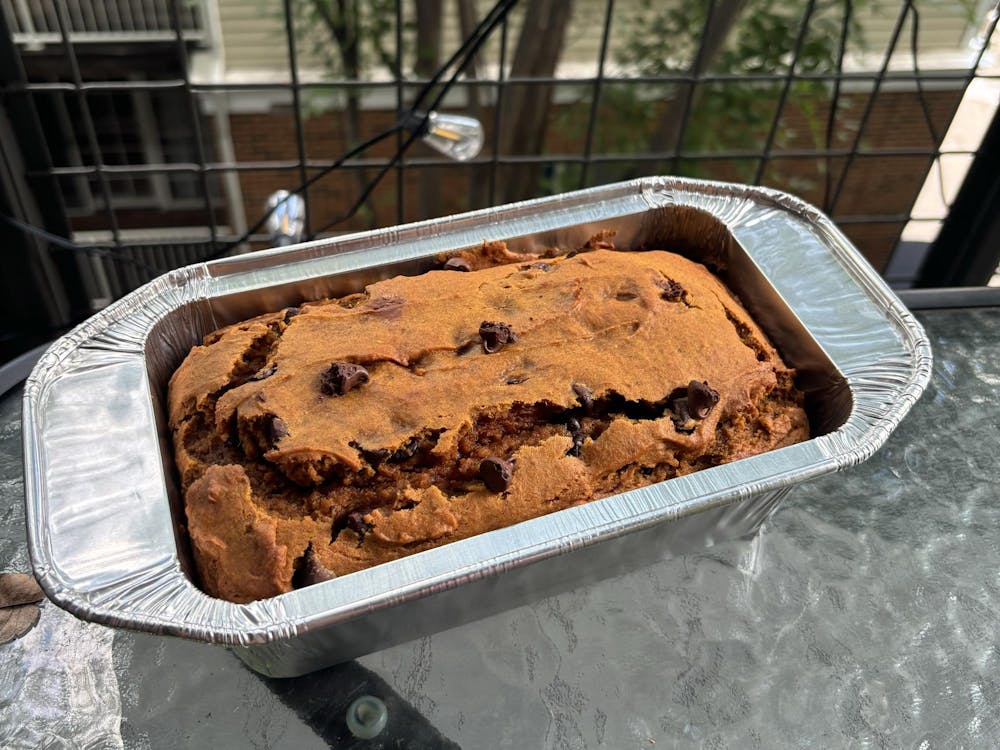My internship over the summer has been pushing my personal boundaries. The other day I realized I was starting to feel more confident in my capability of being a parent one day.
Six weeks of my summer are being spent in the city of Bangalore in southern India. I used to live here before I started college, so going back is more of a reconnection than a reconnaissance with the city, its nooks, crannies and the people I left behind two years ago. I love being back, and four of the six weeks are already gone. It’s probably been the most fleeting month I have ever experienced — more so than months during the semester.
Of course, similar to every other overly zealous University student, I am not here just for a vacation. I am meant to spend these six weeks in a life-changing internship from morning to evening, with the exhausted intention I get a taste of the real world and have a stand-out item to slap on my resume.
The work I am doing is far from glamorous, but it has given me a taste of what my life in the real world could be as a parent.
I work at an NGO in the southern part of Bangalore that offers art therapy to children with various disabilities. Though it bills itself as a place that “offers therapy,” this overly clinical term doesn’t accurately describe the program. The NGO operates more like a school, where parents drop off their children for the day. Monday through Friday, the children essentially have class where they do activities with some sort of basis in art — be it crafts, music, dance or drama. What is imparted to them, however, is a very basic level of these art forms.
The concept of art therapy sounds very abstract and complicated, but what I didn’t realize was how rudimentary the children’s levels of fine skills are. What was more, I was not prepared for the behavior of these children, which was nothing short of shocking. There were times when they would get upset for what seemed to me like no reason. My job was to ask no questions and patiently calm them down. This was hardest when at times the children struck out at the teachers, resulting in injury. Yet the situation was always handled only with a stoic face, a firm voice and soothing hands. Regardless of whether the child had harmed you or not, there was no pain or anger shown on the part of the adult.
Each time this happened, I was at a loss for words to express both the physical and emotional pain I felt. I was distressed I couldn’t communicate to the child how much it hurt and how they shouldn’t harm themselves or others.
The concept of having children of my own is still extremely far off, but regardless, this experience was a taste of what might have been going through my parents’ heads as they dealt with me and my siblings’ difficult stages. I realize the challenges my parents and the parents of these children face are different. The takeaway for me was simply finding the patience and perseverance of parenthood.
How does one restrain oneself from lashing out, from releasing frustration at something a child does only because they do not know any better yet? How does an adult put themselves in the shoes of the child in order to understand their frustration at not being able to say what they want to say? How do I accept the fact the only way to combat certain issues is to remain as non-reactionary as possible when my instinct is to yell and vent?
These questions always revolve around in my head when I come back to my internship the next morning with a fresh, clean slate. I do not give less attention or affection to a child because of how he or she might misbehave since the context of the child acting out is one which cannot be controlled at times. Therefore, as a future parent, I want to be someone who can let go of such grudges and focus more on what will nurture a child — fighting fire with fire or quenching it with patience and acceptance.





